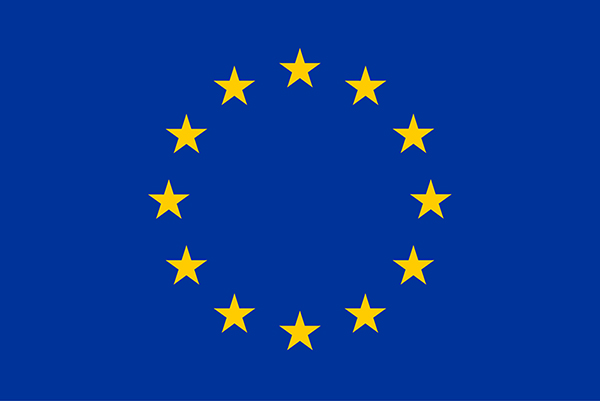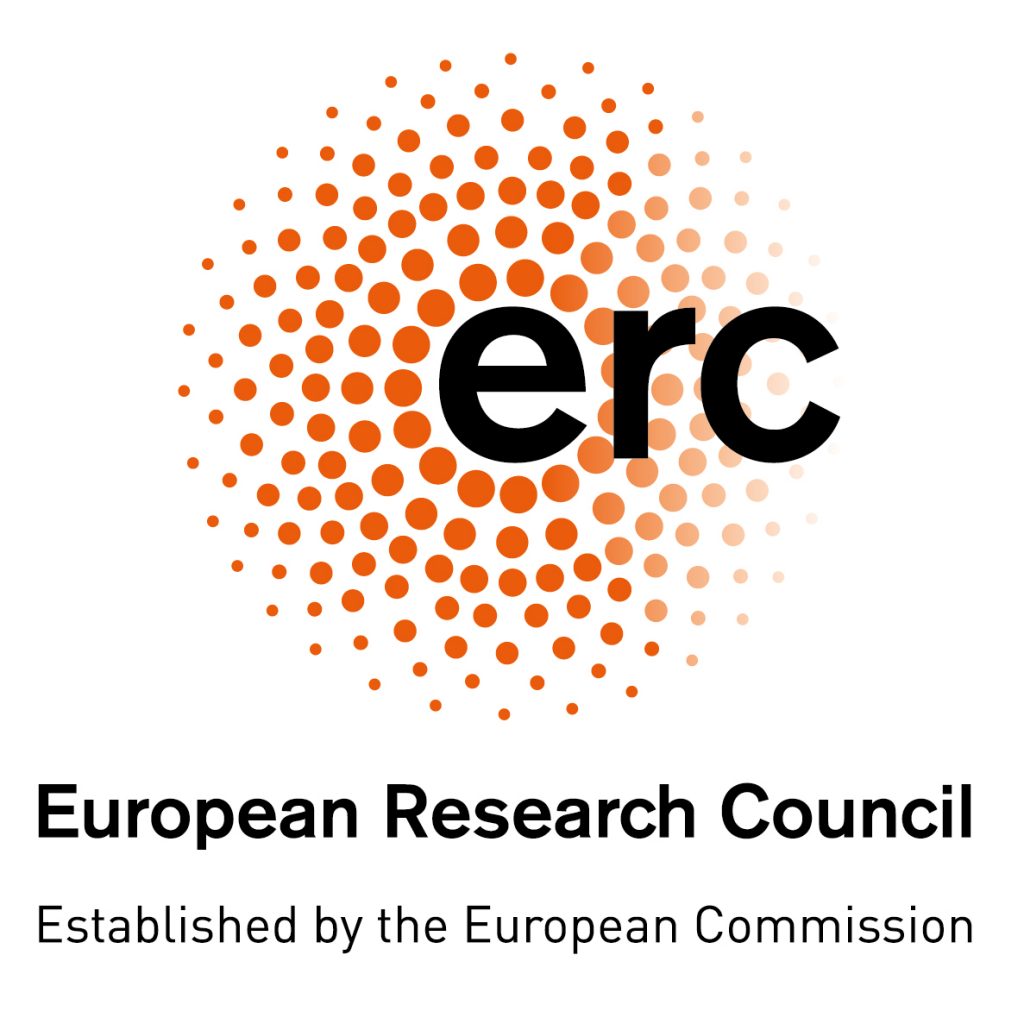EPIDEMICSonCHIP:
EPIDEMICS in ant colonies ON a CHIP
Aim of this project is to understand how social insects, particularly ants, collectively defend their colonies from disease and prevent epidemics in their societies; we seek new approaches to determine how individual behaviours interact and lead to the emergent property of colony-level defences.
Topic
Infectious disease has been and still is a significant challenge, despite advances in medicine and public health. The more and the closer the social interactions between hosts, the easier pathogens can spread through a social group. Since the type and frequency of social interactions, as well as the disease susceptibility of individuals, are very diverse, epidemiological processes are extremely difficult to predict during their course, despite efforts such as contact tracing.
Social insects form very large colonies with intense social contacts. Studying their colonies allows full observation of the social interactions of all colony members, and determination how individual actions contribute to disease protection at the level of the individual and the whole colony. Social insects are hence a very good model system for the understanding of epidemics in social groups. In this project, we use ants to study how their individual hygiene behaviours synergize to prevent disease outbreaks in the colony.
First Findings
We determined how sanitary care is organized between colony members, revealing how individual actions to pathogen threats of different intensity trigger collective effects at the colony level. We identified potential cues that may help the ants to detect the health state of colony members and to transmit this information to so far uninvolved colony members, triggering a systemic response to a local threat. We also found that ant colonies have a high resilience to disease, being able to recover and to even pass on immunization through the colony, ensuring high fitness. We also found that a survived infection by the queen can lead to long-term transgenerational immune protection of the workers in the colony.
Presentations
We constantly present our findings at conferences and workshops, for example:
2021
Erika Dawson: Disease signaling in ant social immunity
Animal Behaviour Life Virtual Conference 2021
Virtual poster presentation, 18.-19. November 2021
Megan Kutzer: Bouncing back: recovery dynamics in ant colonies following infection
Ecology and Evolution of Infectious Disease Virtual Conference 2021
Virtual poster presentation, 14.-17. June 2021
2020
Sylvia Cremer: Social immunity in ants
KLI Colloquium, Konrad Lorenz Institute of Advanced Studies
Virtual seminar talk, 21. April 2020
2019
Sylvia Cremer: Social immunity: disease protection of the colony
120th International Titisee Conference of the Boehringer Ingelheim Fonds: Evolution of immune defense mechanisms
Conference Talk, 18. October 2019
Megan Kutzer: Compensating for disease induced losses: colony level disease resilience in ants
17th Annual Ecology and Evolution of Infectious Diseases (EEID) meeting, Princeton, USA
Conference talk, 10. – 13. June 2019
Linda Sartoris: The effect of nest structure and space use on disease spread in ant colonies
Central European Workshop of Myrmecology (CEWM), University of Regensburg, Germany
Poster presentation, 27. – 30. September 2019
Sylvia Cremer: Protecting the colony from disease
The Evolution of Cooperation and Conflict Symposium, Uppsala, Sweden
Conference talk, 21. – 22. May 2019
Barbara Casillas-Perez: The dynamics of sanitary care in ants
Conference of the Central European Section of the IUSSI (International Union for the Study of Social Insects), IST Austria, Austria
Conference talk, 19. – 22. March 2019
Linda Sartoris: Does nest structure affect pathogen transmission in the ant Lasius neglectus?
Conference of the Central European Section of the IUSSI (International Union for the Study of Social Insects), IST Austria, Austria
Poster presentation, 19. – 22. March 2019
2018
Sina Metzler: Pathogen-mediated sexual selection in ants
18th International Conference of the IUSSI (International Union for the Study of Social Insects), Guarujá, Brazil
Conference talk, 5. – 10. August 2018

This project has received funding from the European Research Council (ERC) under the European Union’s Horizon 2020 research and innovation programme (grant agreement No 771402).
